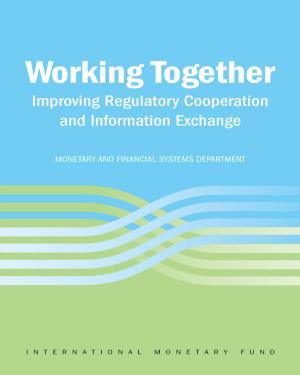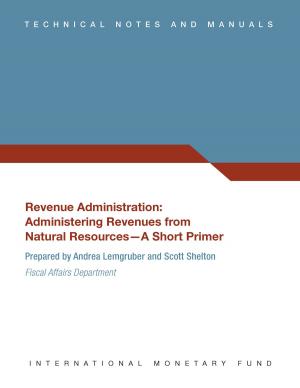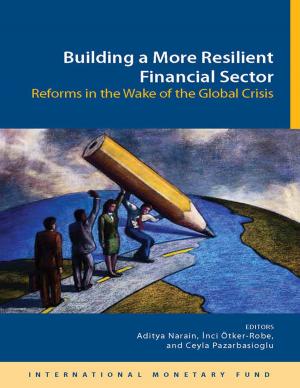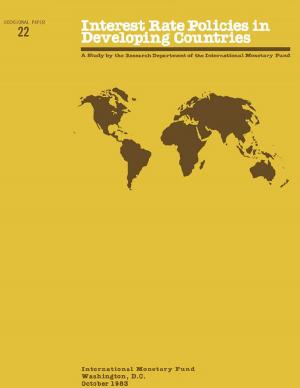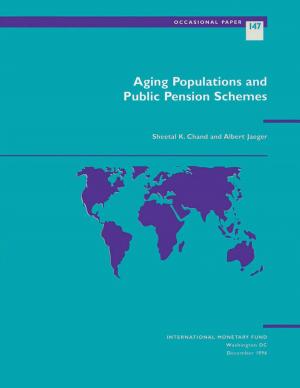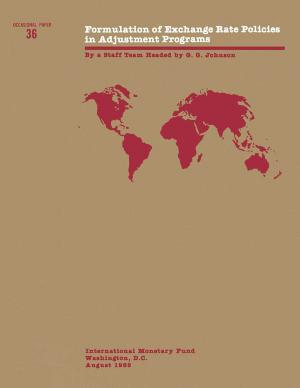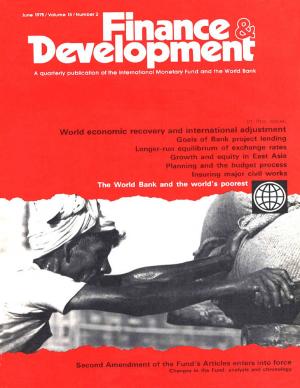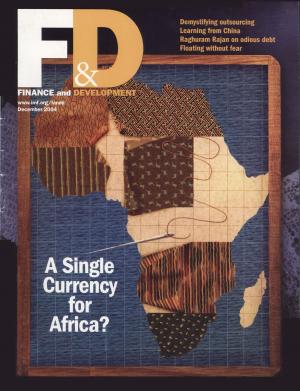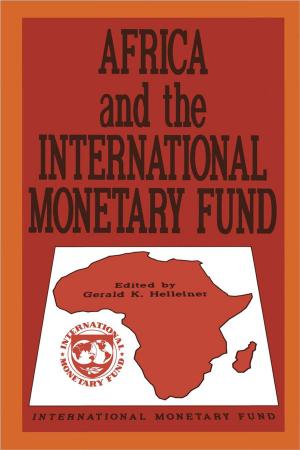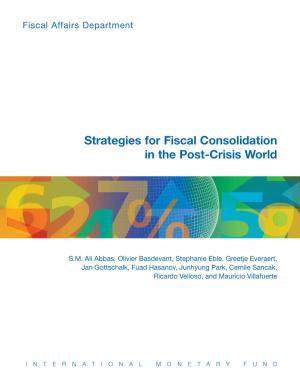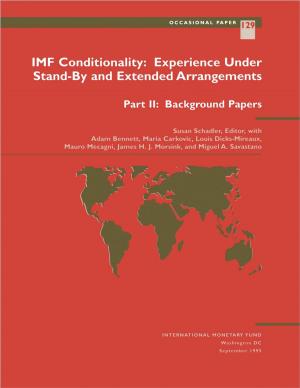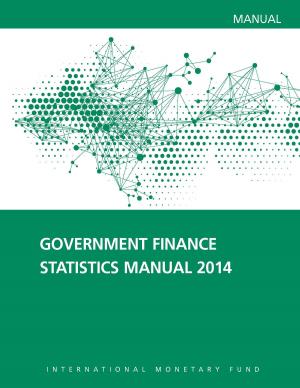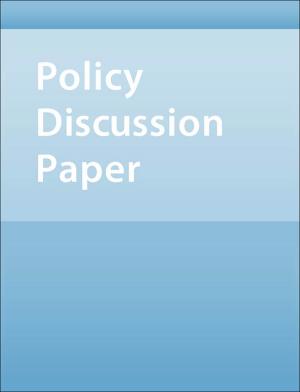U.S. Consumption after the 2008 Crisis
Business & Finance, Economics, Money & Monetary Policy, Macroeconomics| Author: | Jaewoo Mr. Lee, Pau Rabanal, Damiano Sandri | ISBN: | 9781452746289 |
| Publisher: | INTERNATIONAL MONETARY FUND | Publication: | January 15, 2010 |
| Imprint: | INTERNATIONAL MONETARY FUND | Language: | English |
| Author: | Jaewoo Mr. Lee, Pau Rabanal, Damiano Sandri |
| ISBN: | 9781452746289 |
| Publisher: | INTERNATIONAL MONETARY FUND |
| Publication: | January 15, 2010 |
| Imprint: | INTERNATIONAL MONETARY FUND |
| Language: | English |
U.S. household consumption declined sharply in late 2008, marking a departure from the trend of a steady increase in U.S. consumption as a share of income since the 1980s. Combining econometric and simulation analysis, we estimate that this departure will be sustained beyond the crisis: the U.S. household consumption rate will likely decline somewhat further from its current level, as the saving rate rises to around 6 percent of disposable personal income (from nearly 5 percent in 2009). Compared to the pre-crisis years (2003–07), this saving rate implies a decline in U.S. private-sector demand on the order of 3 percentage points of GDP.
U.S. household consumption declined sharply in late 2008, marking a departure from the trend of a steady increase in U.S. consumption as a share of income since the 1980s. Combining econometric and simulation analysis, we estimate that this departure will be sustained beyond the crisis: the U.S. household consumption rate will likely decline somewhat further from its current level, as the saving rate rises to around 6 percent of disposable personal income (from nearly 5 percent in 2009). Compared to the pre-crisis years (2003–07), this saving rate implies a decline in U.S. private-sector demand on the order of 3 percentage points of GDP.

